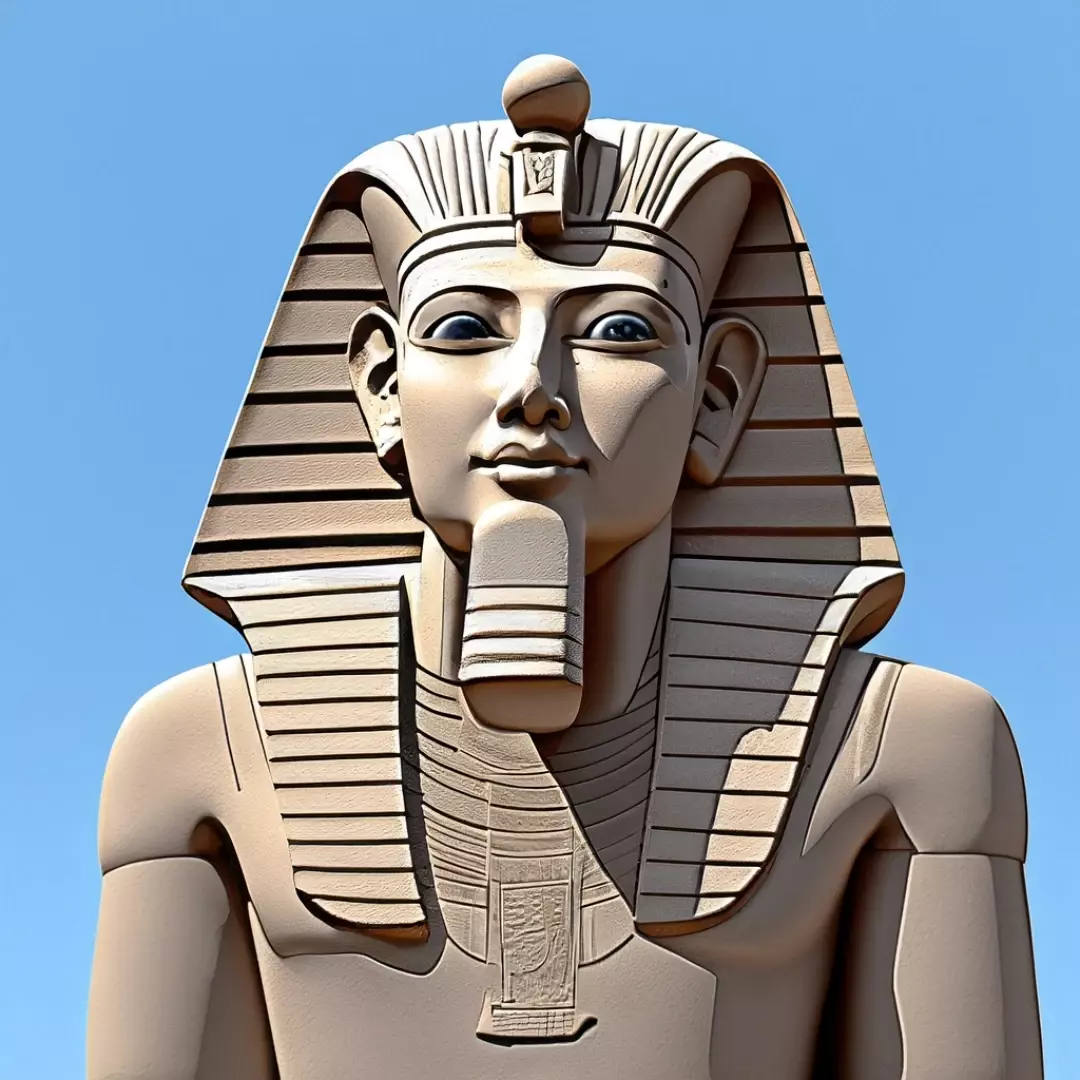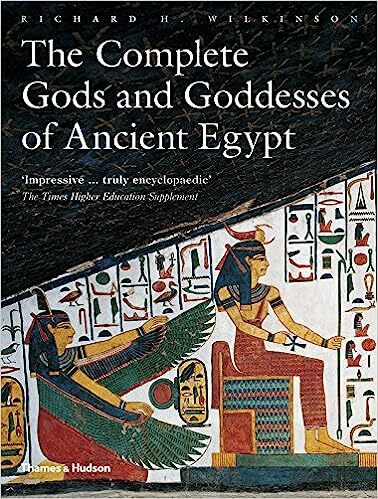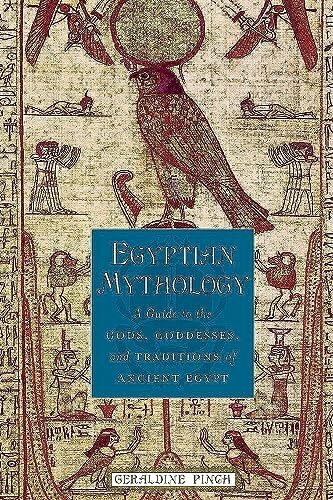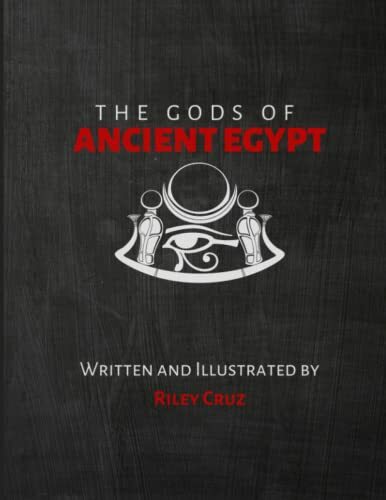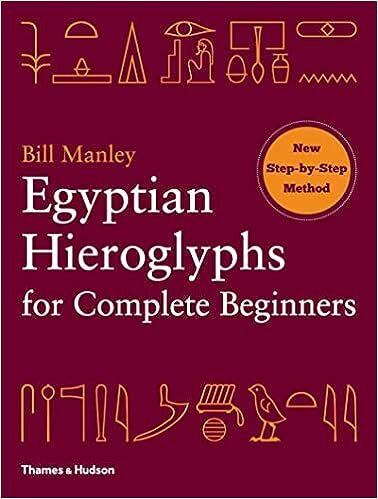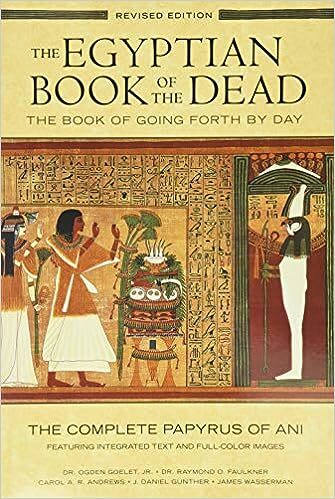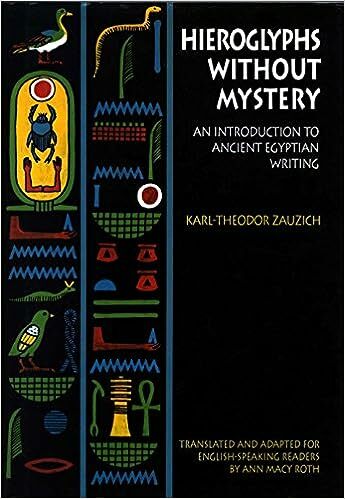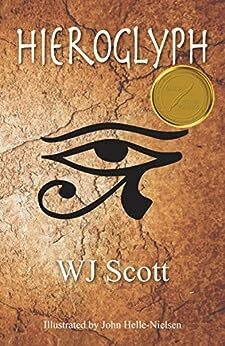Ay was born into a wealthy family and held a number of important positions during his lifetime. He was a priest, a military leader, and a diplomat. He was also a close advisor to Akhenaten, the pharaoh who introduced the monotheistic religion of Atenism.
After Akhenaten's death, Ay became vizier to Smenkhkare, Akhenaten's successor. Smenkhkare's reign was short, and he died after a few years. Ay then became vizier to Tutankhamun, Smenkhkare's successor.
Ay was a powerful figure during Tutankhamun's reign. He is believed to have been the real power behind the throne. After Tutankhamun's death, Ay became pharaoh himself. He married Tutankhamun's widow, Ankhesenamun, and tried to legitimize his rule by claiming that he was Tutankhamun's father.
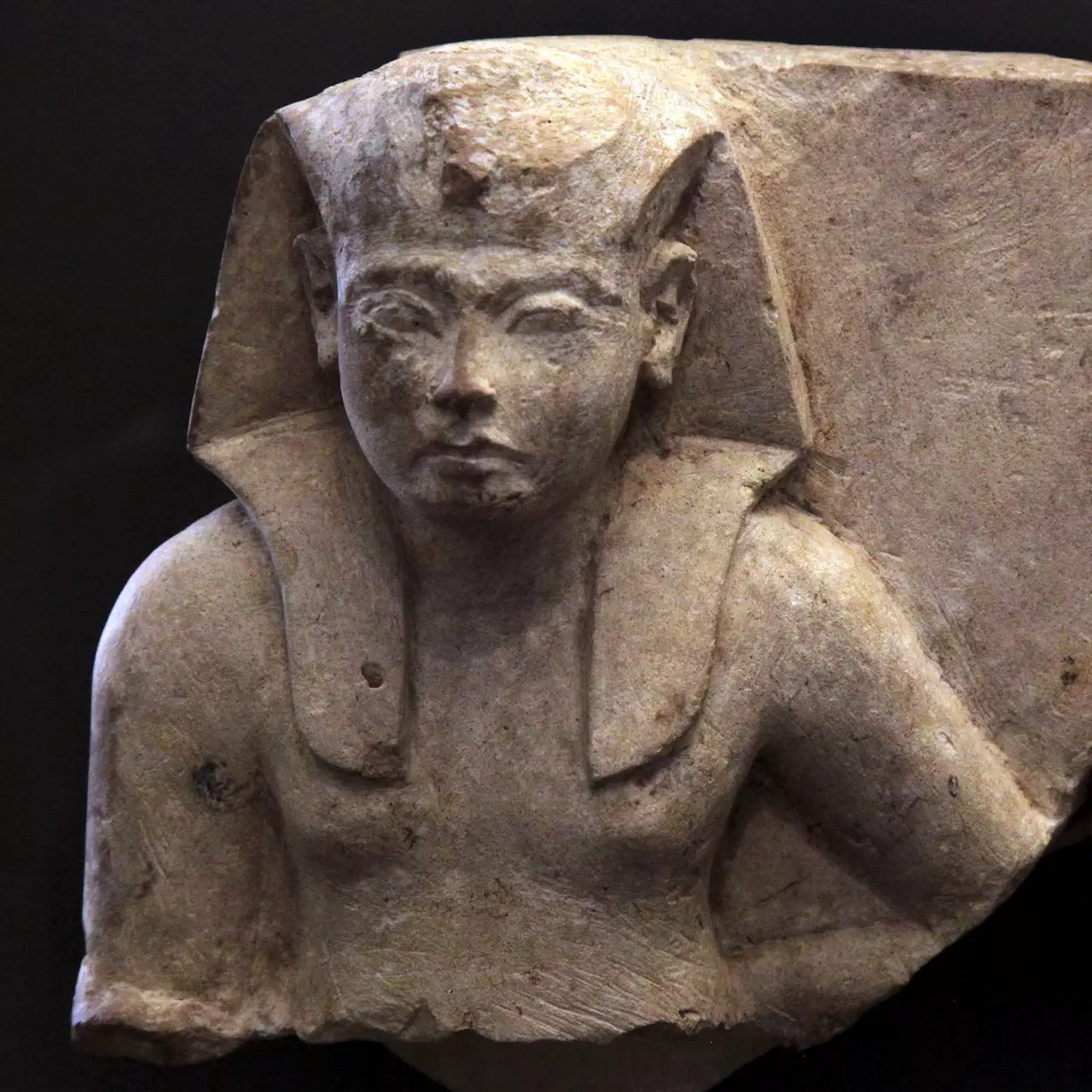
Ay's reign was short-lived. He died after a few years, and he was succeeded by Horemheb. Horemheb was a military leader who had served under Tutankhamun and Ay. He was also a strong supporter of the traditional religion of Egypt, which had been suppressed under Akhenaten.
Horemheb destroyed or usurped all traces of Ay after his death. This may have been because Ay was associated with the Amarna Period, which was seen as a time of religious upheaval. Horemheb wanted to erase all traces of this period and restore Egypt to its former glory.
Ay is a controversial figure in Egyptian history. Some scholars believe that he was a usurper who seized power after Tutankhamun's death. Others believe that he was a legitimate ruler who was trying to restore order to Egypt after a period of chaos.
There is no doubt that Ay was a powerful figure in ancient Egypt. He played a significant role in the transition from the Amarna Period to the traditional religion. His reign was short-lived, but he left a lasting legacy on Egyptian history.
